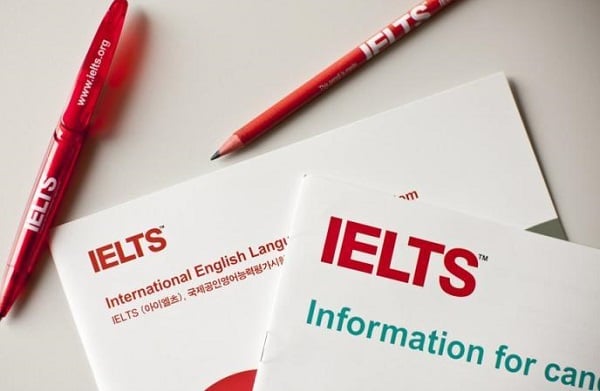Policy Shapers, an open-source policy platform leading the campaign against the English Language Testing System (IELTS), has kicked against the United Kingdom’s stance on the topical issue.
Many foreign universities abroad demand the IELTS — an English proficiency test — as a requirement for admitting international students — including those from Nigeria.
But Policy Shapers, founded by Ebenezar Wikina, had faulted the IELTS requirement for Nigerians and citizens of other Anglo-African countries using the hashtag #ReformIELTSPolicy.
In a petition addressed to the UK home office in October 2021, the group had demanded the inclusion of Nigeria in the Majority English-Speaking Country (MESC) list.
It had written the UK home office requesting the data sources used to validate the inclusion of countries on its MESC list.
This had followed an initial claim by the home office that 51% English language speakers is its criteria for including countries in the MESC list.
In its response to Policy Shapers’ request on January 26, the UK home office had — through its Simplification of the Rules Taskforce (SORT) — insisted that “Nigeria does not meet the requirement” to be included in the MESC list.
“We rely on publicly available evidence such as official censuses to make this determination along with other academic sources. We may also consult the Foreign, Commonwealth and Development Office where additional evidence is required,” it wrote.
“Currently, on the information available to us, Nigeria does not meet the requirement. This list is periodically reviewed and updated, and new countries are added if they are found to meet the requirements.”
But reacting on Monday, Policy Shapers argued that there is sufficient evidence to support Nigeria’s demand for inclusion in the MESC list.
In the statement, the group also described the UK home office’ indices for the MESC inclusion list as “ambiguous.”
“There is public evidence to support Nigeria’s demand for inclusion in the MESC list. Some of these include a top 30 global ranking and a top 3 Africa ranking on the annual Education First English Proficiency Index over the past five years; the United Nations projection that 62% of Nigeria’s population is under 25 years, a tech-savvy generation with 75% literacy in English; and a 62.5% pass rate in the West African Senior Secondary Certificate Examination (WASSCE) with nearly 5 million English credits recorded between 2016 and 2021,” it read.
“Although the response from the Home Office to our inquiry on its MESC list indices was ambiguous, current data proves beyond reasonable doubt that Nigeria should make the list in line with the UK’s simplification of immigration rules project.”
Copyright 2025 TheCable. All rights reserved. This material, and other digital content on this website, may not be reproduced, published, broadcast, rewritten or redistributed in whole or in part without prior express written permission from TheCable.
Follow us on twitter @Thecablestyle

